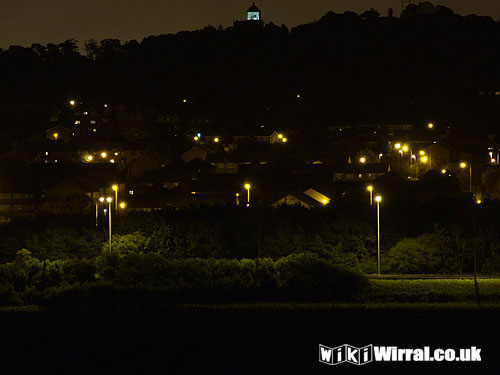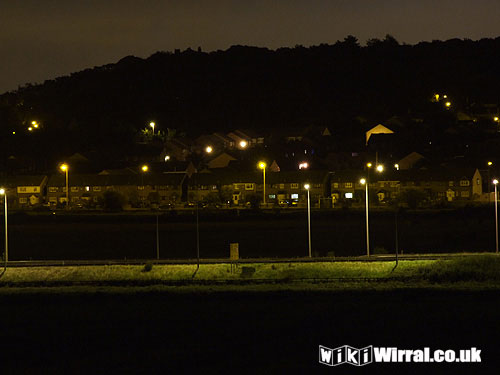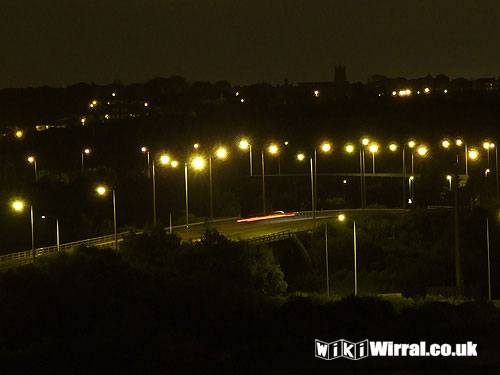Basic Night Shooting - 1st Sep 2007 3:51am
I only did this for Waddi to see what a difference a monopod/tripod can make as he was asking about it the other day.
Basically, for the first time since I got it, I bought me monopod upto me flat to get some photos of with and without using it in the dark.
All the photo's were taken at a full telephoto end of 300mm or 10.7x optical zoom. It is very very hard to keep a camera stable at these sorts of legnths.
All photo's are completely un-edited, except for resizing in CS3 and basic sharpening applied to every one, regardless of whether they need it or not. Sharpening tends to make really jerky photos look not so jerkey lol.
And here you can see why a monopod/tripod makes the world of difference when shooting at night:
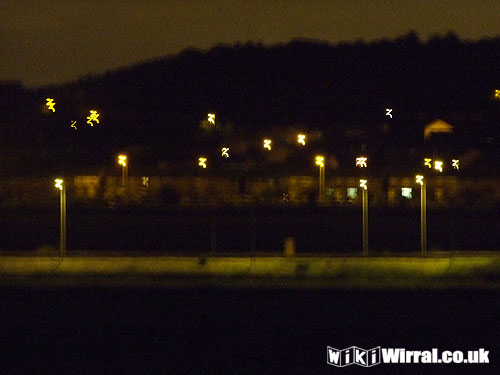
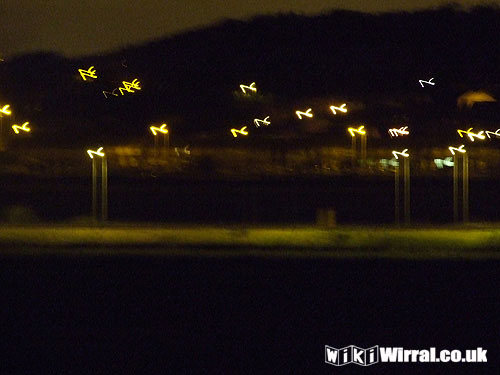
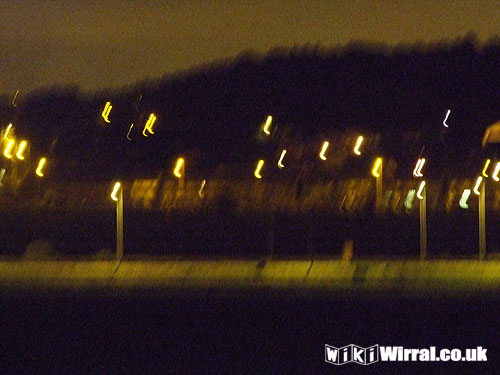
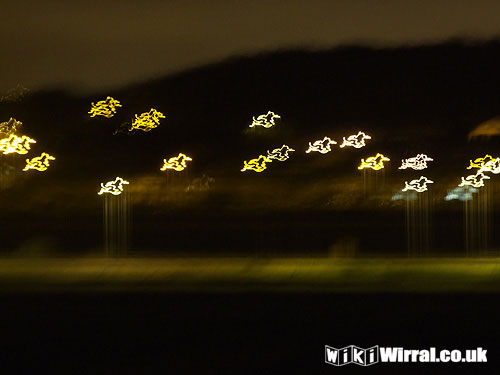
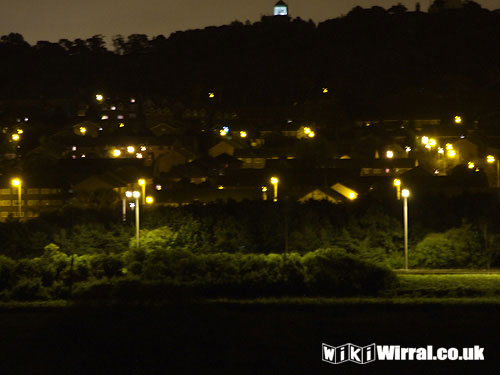
Basically, for the first time since I got it, I bought me monopod upto me flat to get some photos of with and without using it in the dark.
All the photo's were taken at a full telephoto end of 300mm or 10.7x optical zoom. It is very very hard to keep a camera stable at these sorts of legnths.
All photo's are completely un-edited, except for resizing in CS3 and basic sharpening applied to every one, regardless of whether they need it or not. Sharpening tends to make really jerky photos look not so jerkey lol.
And here you can see why a monopod/tripod makes the world of difference when shooting at night:
Description: Handheld shot in auto mode.

Description: Another handheld shot taken in "auto" mode.

Description: This shot has "image stabilization" enabled, but is still handheld.

Description: This shot has a long shutter release time set to 4 seconds but without image stabilization turned on (no form of image stabilization would help here).

Description: This is a shot on my monopod, but without a self timer enabled.

